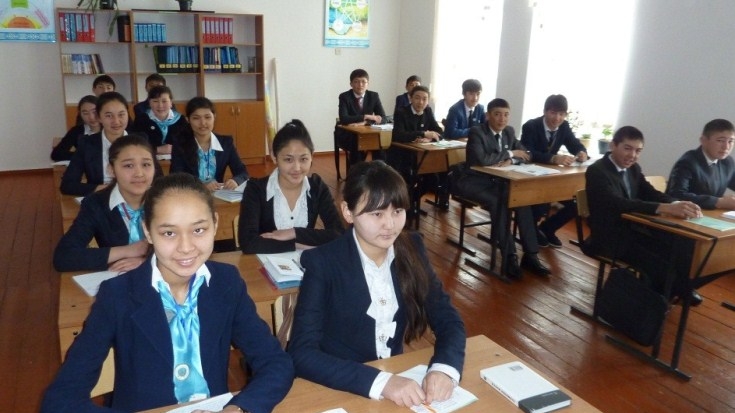Challenge
The story of the education system in Kazakhstan is a mix of successes and remaining challenges in a fast growing upper-middle-income economy. Recent achievements include a rapid expansion of access to preschool education, near universal secondary education completion, and improved technical, vocational, and higher education.
However, there are significant concerns about ensuring that graduates are sufficiently competent in and adaptable to the cognitive, technical, and non-cognitive skills that are necessary to join an evolving labor market. Expenditure efficiency within a resource-constrained environment through the improved quality of education is another challenge the Government hopes to address. The State Program on Education Development for 2011–2020 calls for an improvement in the quality of education under the new socioeconomic realities.
Solution
The assistance provided by the World Bank under the JERP was a combination of timely research and advisory support to the Government during the education reform process. The objective was achieved through the application of three major policy tools for system-wide diagnosis, analysis, and policy formulation:
(i) Analysis of Kazakhstan’s results in 2009 and 2012 on the Program for International Student Assessment (PISA) and policy recommendations for improvement;
(ii) An international policy benchmarking exercise in three critical areas of education quality: student assessments, school autonomy and accountability, and teacher policies; and
(iii) Capacity-building seminars on international and national assessments and best school inspection practices.



